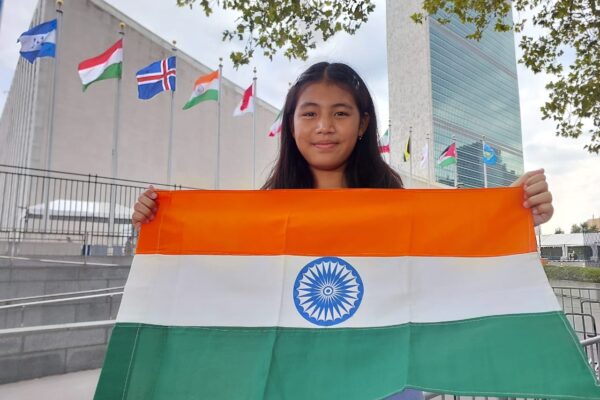The report says the quality of air in some of the most populated areas in the region is 20 times worse than the air quality standards considered healthy by the World Health Organization
RH Desk
December 19
A latest World Bank report has said that nine of the world’s top ten cities with the worst air pollution are in South Asia which cause an estimated 2 million premature deaths across the region annually.
The report ‘Striving for Clean Air: Air Pollution and Public Health in South Asia’ says the quality of air in some of the most populated areas in the region is 20 times worse than the air quality standards considered healthy by the World Health Organization. The bad air quality is responsible for myriad health issues including stunting and reduced cognitive development in children, respiratory infections and other chronic diseases.
While large industries, power plants and vehicles are dominant sources of air pollution around the world, South Asia also hosts a multitude of other contributors to the air pollution. Combustion of solid fuels for cooking and heating, emissions from small industries such as brick kilns, burning of municipal and agricultural waste, and cremation are other sources particular to South Asia.
According to the report, the quality of air increases the health cost and spending for the countries in the region which in turn affects their productive capacity.
“Persistently hazardous levels of air pollution have caused a major public health crisis in South Asia that demands urgent action,” said Martin Raiser, World Bank Vice President for South Asia. “Curbing air pollution requires not only tackling its specific sources, but also close coordination across local and national jurisdictional boundaries. Regional cooperation can help implement cost-effective joint strategies that leverage the interdependent nature of air quality.”
The report has also assessed efforts taken by several countries in the region to improve the air quality. Underling that the current adopted policies to improve air quality within cities is yielding insufficient results, the report concludes that the current policy measures in order to fight air pollution will not be enough even when implemented fully.
“The economic benefits of policies to reduce air pollution in South Asia exceed the economic costs by a large margin,” said Hans Timmer, World Bank Chief Economist for South Asia. “But optimal solutions depend on several factors such as better monitoring systems, more scientific capacity, greater coordination between governments, and behavioral change among farmers, small firms, and households.”



